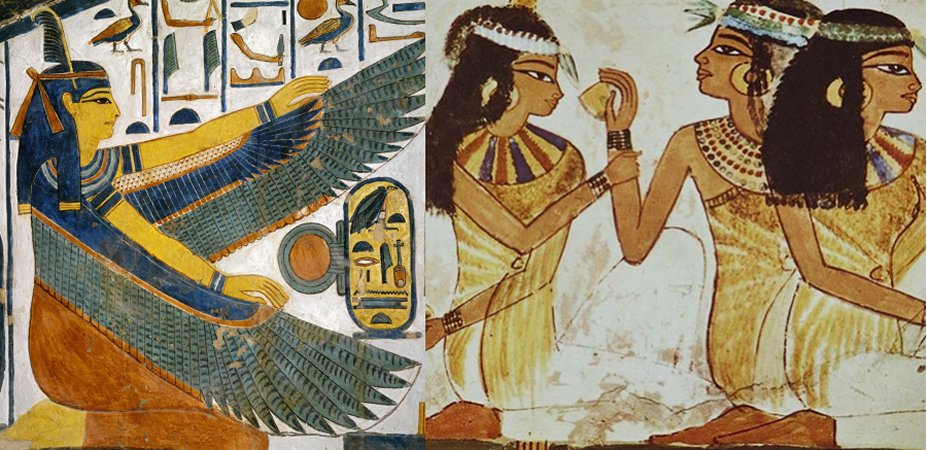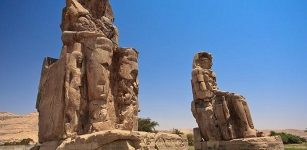How And Why Did Ancient Egyptians Women’s Rights Change During The Greco-Roman Period?
Conny Waters - AncientPages.com - Compared to other females, ancient Egyptian women could long enjoy a high status and the same rights as men. It was not unusual that ancient Egyptian women spent their days visiting markets and shopping, while their husbands stayed at home doing ordinary housework.
Female musicians. Credit: Public Domain
The reason why ancient Egyptian women has much better living conditions than females living in neighboring countries can be found in Maat, ancient Egypt’s most important religious concept. Maat was the Harmony or Law of the Universe. Maat was treated as an abstract goddess of great symbolic importance. For example, Maat was responsible for the balance between the gods and people, and between the two sexes.
During the Greco-Roman period, everything changed, and women’s situation became less favorable. Why?
According to Dr. Ada Nifosi from the University of Kent, who carried out a detailed study of women's everyday lives status of women and children started changing when Egypt became subject to Greek and Roman rule.
“Women enjoyed a much better social status in ancient Egypt and the cultural, moral, and legal changes that came with Greco-Roman rule were not for the better. For instance, before the Greeks ruled Egypt, Egyptian women could exercise their legal rights freely and independently.
'However, after the Greeks introduced their laws into Egypt, most women living there needed a male guardian for legal acts such as marriage. Egyptian women also gradually lost control over their bodies and their offspring.
For instance, the power to recognize children was entirely in the fathers' hands and mothers had little or no say in this choice. Sometimes children were even abandoned and left to die or be raised as slaves. This doesn't seem to have happened before in ancient Egypt,” Dr. Nifosi explained.
Ancient Greek women had to receive permission from the man to leave the house’s female quarters. The situation for females in ancient Egypt was much different. Later, everything changed.
Dr. Nifosi's research touches on many issues, such as the status of unborn children, the medical role of midwives, and beliefs about menstruation, which are still relevant today. She is planning to carry out further research on menstruation in order to raise more awareness about ancient and modern social stigmas.
See also:
More Archaeology News
Her conclusion is based on the study of several personal objects from private houses in the Greco-Roman Egyptian village of Bakchias Fayyum, Egypt. By combining groups of artifacts from these houses with information from papyri and ostraca (pottery sherds inscribed with writing), she could establish details about how women and girls lived their lives.
The results of her studies can be read in her book, Becoming a Woman and Mother in Greco-Roman Egypt: Women’s Bodies, Society and Domestic Space.
Written by Conny Waters – AncientPages.com Staff Writer





















